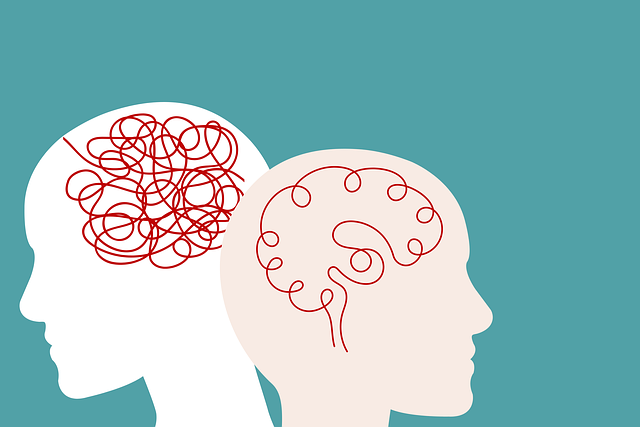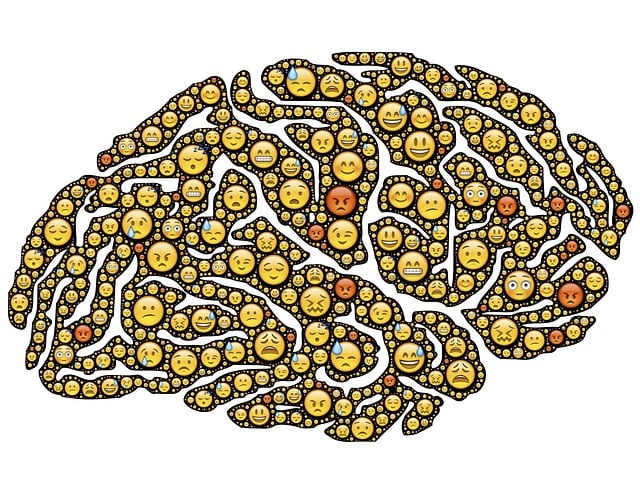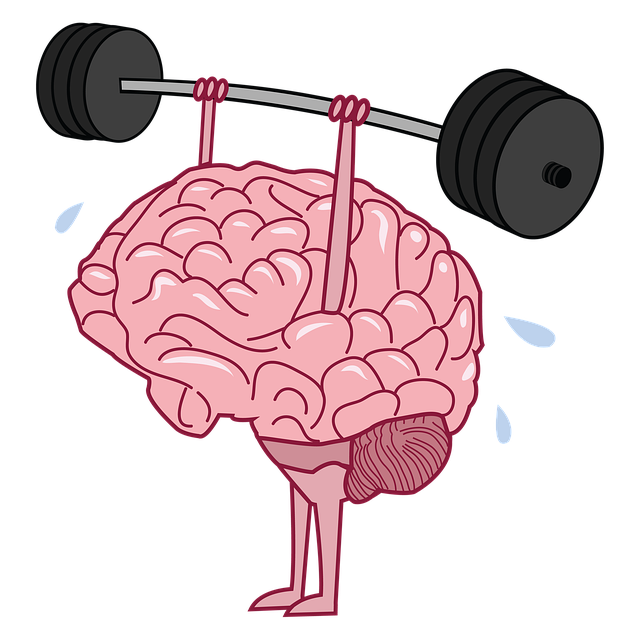Mood regulation is key to mental health for young children, with therapy teaching parents strategies to support this process. Integrating self-care practices into daily routines boosts emotional intelligence, aiding kids in coping with major life transitions like starting school or moving houses. Effective approaches include cognitive-behavioral therapy (CBT) and play therapy, which equip children with coping mechanisms and enhance their emotional well-being. Parents can also foster resilience through mental wellness journaling, compassionate cultivation, structured exercise, and modeling healthy coping mechanisms, guided by mental health professionals for personalized strategies.
Mood regulation is a vital skill, especially for young children navigating their emotions. This article explores various strategies to support kids in managing their moods, particularly during major life transitions. We delve into the impact of significant changes on emotional well-being and present therapy approaches tailored for young minds. Additionally, practical tips for parents and caregivers are offered to foster resilient mood management, ensuring children thrive through challenges. Discover effective ways to guide young individuals toward understanding and controlling their emotions.
- Understanding Mood Regulation for Young Children
- The Impact of Major Life Transitions on Emotional Well-being
- Therapy Approaches to Support Children Through Changes
- Strategies for Parents and Caregivers: Nurturing Resilient Mood Management in Kids
Understanding Mood Regulation for Young Children

Understanding Mood Regulation for Young Children
Mood regulation is a crucial aspect of mental health awareness that plays a significant role in the well-being of young children. As they navigate their first years, children experience various emotional states, from joy and excitement to sadness and frustration. Learning to manage these moods early on is essential for developing inner strength. Through therapy for young children, parents and caregivers can acquire effective strategies to help kids understand and express their emotions healthily. This involves teaching self-care practices that allow children to soothe themselves during times of distress.
Major life transitions, such as starting school or moving houses, can be particularly challenging for young minds. These changes often trigger a range of complex feelings that can be difficult for children to process. By integrating mood regulation techniques into their daily routines, parents can foster self-awareness and emotional intelligence in their kids. This not only helps them cope with current transitions but also equips them with valuable tools to navigate future challenges, thereby strengthening their resilience and overall mental health.
The Impact of Major Life Transitions on Emotional Well-being

Major life transitions can significantly impact an individual’s emotional well-being, especially young children who are still developing their coping mechanisms. Changes such as starting school, moving to a new city, or the loss of a loved one can trigger a range of emotions, from excitement and anticipation to fear and anxiety. These transitional periods often require adjustments in routines, social structures, and self-perception, which can be challenging for young minds.
For instance, therapy for young children during such times may focus on helping them process these transitions healthily. A well-designed mental health education program can equip children with the tools to recognize and manage their emotions effectively. Crisis intervention guidance is also crucial in providing immediate support and strategies to cope with the stress and uncertainty associated with major life shifts, contributing to the development of a robust self-care routine for better mental health.
Therapy Approaches to Support Children Through Changes

Many children struggle with regulating their moods during major life transitions, making therapy an essential tool for supporting their emotional well-being. Child-centric therapeutic approaches, such as cognitive-behavioral therapy (CBT) and play therapy, are particularly effective in helping young ones navigate these changes. CBT equips children with coping strategies to manage negative thoughts and emotions by identifying and changing unhelpful patterns of thinking. Play therapy, on the other hand, provides a safe space for kids to express their feelings through play, enhancing emotional intelligence and self-esteem.
For mental health professionals, implementing risk management planning is crucial when working with these vulnerable populations. By integrating evidence-based therapies into their practice, professionals can foster resilience in children, enabling them to adapt and cope more effectively during life transitions. This, in turn, contributes to improved outcomes and a stronger foundation for overall mental health.
Strategies for Parents and Caregivers: Nurturing Resilient Mood Management in Kids

Parenting and caring for young ones during major life transitions can be a challenging yet profoundly impactful period. To foster resilient mood management in kids, parents and caregivers play a crucial role in teaching effective strategies. Incorporating mental wellness journaling and compassionate cultivation practices into daily routines can offer valuable tools for self-expression and emotional regulation. These activities encourage children to articulate their feelings, fostering an environment of open communication.
Additionally, providing structured exercise guidance tailored to their age can help young individuals manage stress and anxiety. By offering consistent support and modeling healthy coping mechanisms, parents contribute significantly to their child’s ability to navigate life transitions with greater resilience. A thorough risk assessment for mental health professionals is essential to ensure these strategies are adapted to each child’s unique needs, enhancing overall mental wellness.
Mood regulation is a vital skill for young children to develop, especially during major life transitions. By understanding these changes and employing effective therapy approaches, parents and caregivers can foster resilient emotional management in kids. Strategies such as open communication, structured routines, and positive reinforcement create a nurturing environment, enabling children to navigate life’s ups and downs with increasing adaptability. Through tailored support, therapy for young children during significant transitions can significantly enhance their emotional well-being and overall resilience.














